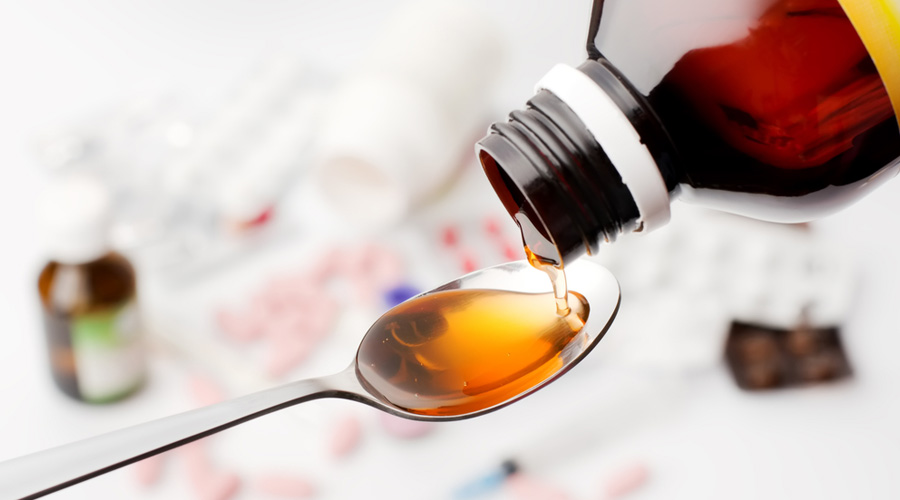Last week, the World Health Organization sounded the alarm on four cough syrups manufactured in India, citing the presence of “unacceptable amounts of diethylene glycol and ethylene glycol as contaminants” that allegedly led to the death of 66 children in The Gambia. The Haryana-based company, which manufactured all four products responsible for the tragedy, has now been ordered to shut operations. But this intervention has come a little too late in the day. It must be noted that African countries are heavily dependent on imported pharmaceutical goods to bolster the continent’s rickety healthcare network. As of 2019, around 70-90 per cent of the drugs consumed in sub-Saharan Africa and 99 per cent of vaccine doses were imported. Dishearteningly, India and China have been accused of exporting substandard drugs to African countries — Nigeria received fake antimalarial drugs that were produced in China. Around 42 per cent of all spurious drugs reported to the WHO are from this region.
Since the WHO linked The Gambia deaths to the Indian manufacturer, the Union health ministry has revealed that the four paediatric medicines were “not licensed for manufacture and sale in India”. This, however, raises further questions about how the authorities had allowed the export of products that have been flagged over quality issues. In fact, lax supervision by medical regulatory bodies is not new. In 1986, 14 patients died at JJ Hospital in Mumbai because of contaminated medication. The Lentin Commission report, which followed the incident, pointed fingers at a corrupt nexus between manufacturers and regulatory bodies that is responsible for the availability of spurious drugs. The Indian Pharmacopoeia Commission specifically mentions tests for DEG and EG levels and, yet, this crucial step was most likely skipped by the errant firm in this instance. The Indian government should not only conduct a thorough probe and bring the culprits to book but must also show its commitment towards providing quality medication by reviewing the licences of manufacturers as well as solvent vendors. India has a long history of providing humanitarian aid. The Indian government was lauded for providing Covid-19 vaccines to developing nations at the height of the pandemic. The incident in The Gambia has tarnished India’s image as a reliable donor. The diplomatic gains over the years would be lost if India does not undertake corrective action in the pharma sector.











